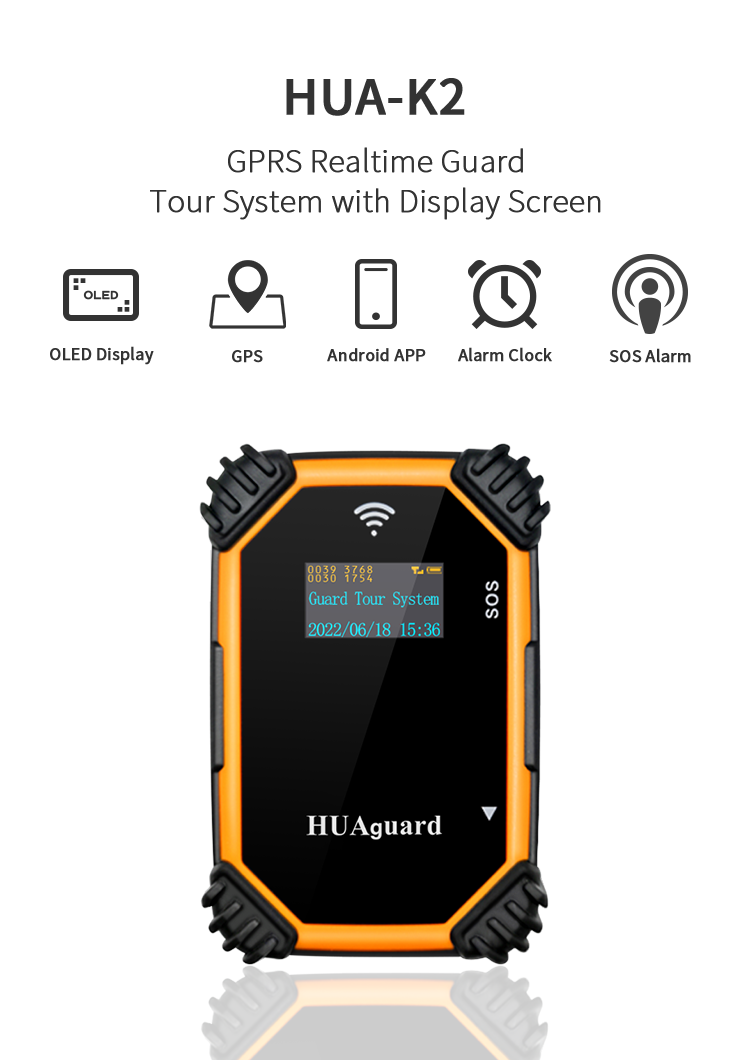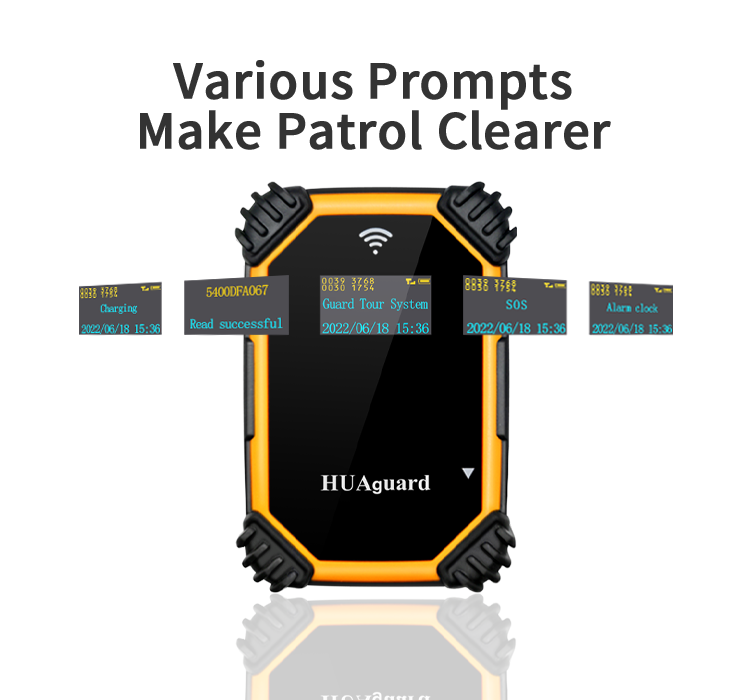

Residential access control systems are vital in improving the security of communities, apartments, and individual homes. These systems control who can enter and exit a property, preventing unauthorized access and reducing the risk of burglary. Residents can ensure that only authorized people can enter their property using key cards, keypads, or biometric devices.
Residential access control systems are particularly effective for gated communities because they help maintain a secure environment for multiple families. With these systems, property managers can track who enters and leaves the area, ensure clear accountability, and respond quickly if a security breach occurs. Some systems even provide real-time alerts to residents or security personnel, allowing them to act immediately when suspicious activity is detected.
In addition to security, residential access control systems significantly improve the convenience of residents. Traditional keys can be easily lost or duplicated, posing a security risk, while modern access control systems offer a range of access methods that are both secure and convenient. Instead of using a physical key, residents can use a key card, mobile app, or biometrics to enter. For families, residential access control systems offer the convenience of granting individual access codes or cards to each family member, ensuring everyone has secure, personalized access. Additionally, if family members or friends visit frequently, temporary access codes can be provided, eliminating the need for residents always to be present to grant access.

Managing visitor access is essential for residential security and convenience. Residential access control systems can easily monitor and control visitor entry. With the visitor management feature, residents and property managers can grant temporary access to guests, service providers, or delivery personnel without compromising security. The system eliminates physical keys and ensures visitors can enter the property within authorized parameters.
Many residential access control systems integrate with intercom systems or mobile apps, allowing residents to communicate with visitors before allowing entry. This feature is handy for gated communities or apartment buildings where security is a top priority. By effectively managing visitor access, these systems prevent unauthorized entry and give residents more control.
As smart home technology grows in popularity, residential access control systems are evolving to integrate seamlessly with these innovations. Many access control systems are now compatible with smart home platforms, enabling residents to control access through a unified interface. Integration with various devices enables residents to manage access through voice commands or mobile apps.
Smart home integration lets residents receive alerts and notifications directly on their smartphones or smart home hubs. For example, if someone enters or leaves the house, the system can send real-time updates to keep residents informed. By combining residential access control systems with smart home technology, residents can enjoy a streamlined, user-friendly experience while increasing security and convenience.

Another significant benefit of residential access control systems is the ability to provide customizable access levels. These systems offer the flexibility to assign access rights to other individuals for properties with multiple users, such as gated communities or multi-unit buildings. Property managers, residents, and guests can assign unique access levels based on their needs. For example, residents can have access around the clock, while maintenance staff or delivery personnel can restrict access based on their schedules. This level of customization ensures that only authorized personnel have access during designated hours, reducing the risk of unauthorized entry.
Residential access control systems provide a comprehensive solution for improving the security and convenience of residential environments. By providing advanced security features, customizable access options, visitor management, and seamless integration with smart home technology, these systems meet the needs of modern homes and communities. Whether a single-family home or a large residential complex, access control systems can provide significant benefits, improving quality of life, increasing property value, and providing peace of mind. As more and more properties adopt these innovative solutions, residential access control systems will become essential to safe and convenient living.